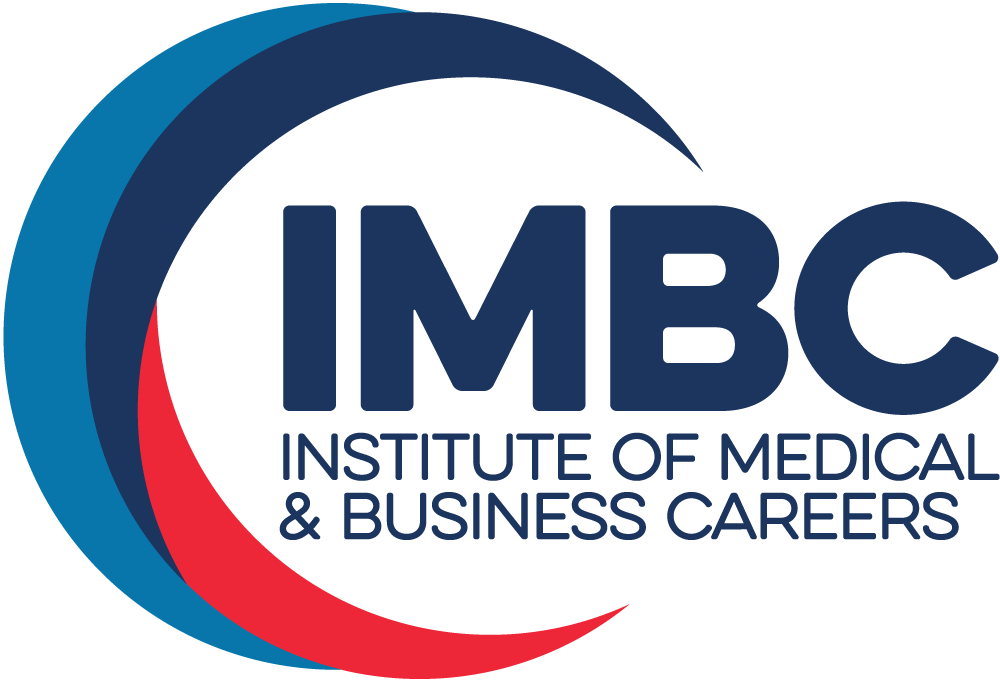Dental assisting is a rewarding and dynamic career that provides individuals with the opportunity to support healthcare professionals while having a meaningful impact on patients’ lives. If you’re interested in dental assistant jobs, it’s important to understand what the role involves, how it’s evolving, and where you can receive the training needed to pursue this career.
The Role of a Dental Assistant
Dental assistants play an irreplaceable role in dental practices. They support dentists and hygienists by performing a variety of tasks, such as preparing treatment rooms, sterilizing instruments, taking X-rays, and assisting during procedures. They handle patient records, schedule appointments, provide patient education, and interact directly with patients, making them an important part of the care team.
This profession offers many benefits, including job security. According to the U.S. Bureau of Labor Statistics, dental assisting is one of the fastest-growing occupations, with an expected job growth of 8% from 2023 to 2033. This growth is driven by an aging population and increased awareness of the importance of oral health.
How Dental Assisting is Evolving
The role of the dental assistant is changing as technology continues to shape the healthcare field. Today’s dental assistants are taking on more responsibilities due to advancements in dental equipment and office management software. For example, digital X-rays have become more common, reducing patient exposure to radiation and making it easier for assistants to help manage patient records electronically.
In addition to assisting during procedures, these professionals are increasingly involved in administrative tasks, such as managing patient billing, handling insurance claims, and scheduling appointments. The shift towards telehealth has also opened up new opportunities to assist in virtual consultations, allowing dental practices to expand their reach and provide better patient care.
As the role evolves, many dental assistants are also pursuing specialized certifications in fields like orthodontics or pediatric dentistry, enabling them to focus on specific areas of oral care and increase their job prospects.
Training for Dental Assisting
To become a dental assistant, formal education and hands-on training are necessary. Dental assistant programs cover both clinical and administrative skills, such as patient care, X-ray techniques, infection control, and office management.
The IMBC (Institute of Medical and Business Careers) offers a comprehensive dental assisting program that prepares students for entry-level positions. This program combines theoretical knowledge with practical experience, making sure students are equipped to excel in dental assistant jobs. IMBC’s curriculum focuses on essential areas, including patient preparation, infection control, and office procedures, preparing graduates to work confidently in dental practices. With a solid foundation in both clinical and business aspects, IMBC graduates are well-prepared to succeed in the field. Additionally, IMBC offers ongoing career support, making sure graduates have access to resources that help them thrive in their new careers.
Take the Next Step in Your Career
If you’re interested in pursuing a career as a dental assistant, enroll in the IMBC dental assisting program. With the right training, you’ll be well on your way to a rewarding and growing career in the field.
